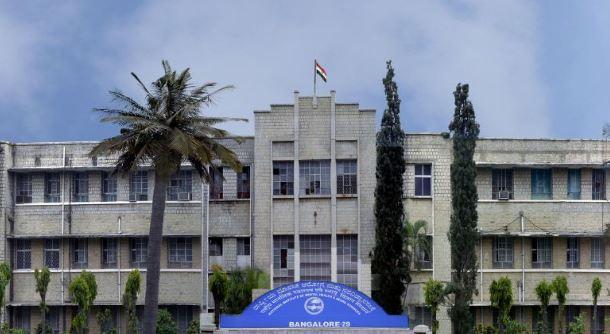Need for Uniform Civil Code in India

Background:
- The British government’s 1835 report in colonial India called for the uniform civil code of Indian law, including crimes, evidence, and contracts.
- However, the Lex Loci Report of October 1840 suggested that the personal laws of Hindus and Muslims should be excluded from this codification.
- As British rule progressed, the B N Rau Committee was formed in 1941 to codify Hindu law, leading to the enactment of the Hindu Succession Act in 1956.
- During the debates in the Constituent Assembly, the inclusion of the UCC sparked significant discussion.
- There was a vote, resulting in a 5:4 majority, where it was decided by the sub-committee on fundamental rights, led by Sardar Vallabhbhai Patel, that the UCC would not be included as a fundamental right.
- Dr B R Ambedkar, while drafting the Constitution, stated that a UCC was desirable but should remain voluntary until the nation was socially prepared to accept it.
- As a result, the UCC was placed in the Directive Principles of State Policy (DPSP) (Article 44).
Linkage:
- UCC will promote national integration and secularism by removing the distinctions and contradictions based on religious personal laws and creating a common identity for all citizens.
- It would ensure gender justice and equality by abolishing the discriminatory and oppressive practices against women in various personal laws, such as polygamy, unequal inheritance, etc.
- But at the same time, Critics argue that imposing a single code might undermine the cultural and religious autonomy of minority communities, leading to feelings of alienation and marginalisation.
- India already faces a significant backlog of cases, and implementing a UCC could exacerbate the situation.
- The extensive legal reforms necessary to harmonise personal laws into a single code would demand significant time and effort. For example, Goa’s implementation of a UCC has been praised by the Supreme Court in 2019. However, the ground reality reveals complexities and legal pluralities within the state’s UCC.
Current News:
- Indian Prime Minister, in his recent address, expressed his support for the implementation of a Uniform Civil Code (UCC) in India, stating that India cannot function efficiently with a system of “separate laws for separate communities”.
Impact:
- Comparative Analysis: There is a need to conduct a comprehensive comparative analysis of the various personal laws in India. This will help in understanding the commonalities and areas of contention.
- Enactment of Common Principles: Based on the comparative analysis, we can enact a law of personal status that incorporates principles shared by the different personal laws.
- These common principles, which align closely across various personal laws, can be immediately enforced to establish a uniform legal framework.
- Family Law Board: There is a need to establish a Family Law Board within the Union Law Ministry, which would be responsible for studying and recommending changes to personal laws related to family matters.








